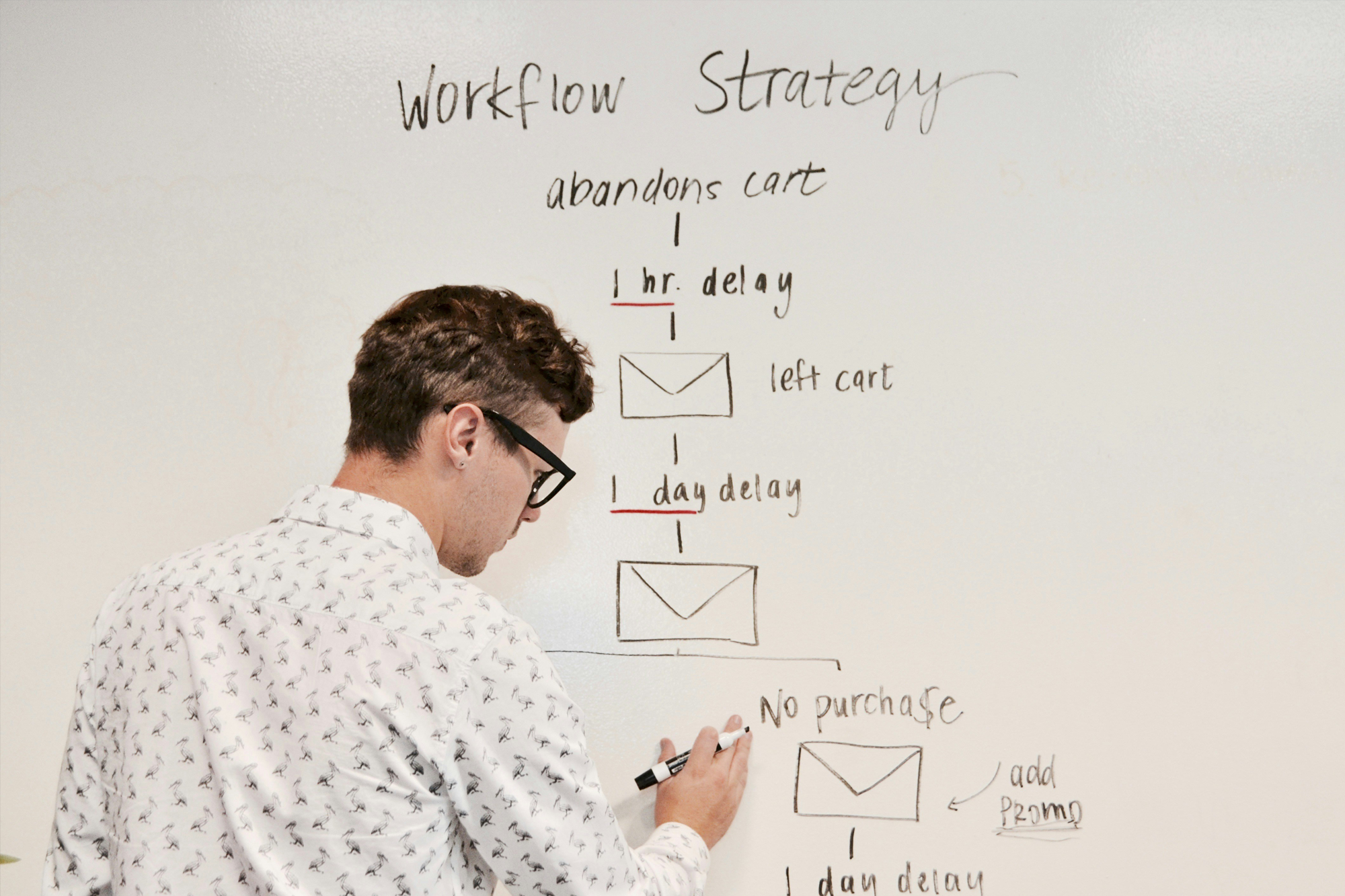
I would like meeting organizers to call facilitators before they book venues and dates for meetings.
In the past several months, I have done a dozen facilitations for as many groups, and in virtually all situations, the date was booked, the agenda partially defined and the meeting room decided BEFORE talking with the facilitator.
While this sounds like a rational approach, if you’re the facilitator it is completely backwards.
A professional facilitator starts every client engagement with a thorough needs assessment. We need to understand what is to be accomplished, what has happened so far, the challenges and the dynamics of the group and who will carry out the work that emerges from the work shop. We are curious about the relative strengths and weaknesses of a group; the history of the group and its promise.
Once we understand these factors, we can address the client’s uniqueness and design an appropriate agenda and meeting process. Until the process is defined, the room needs are less clear (beyond something BIG).
So, I’ve crafted a list of things that I’d like meeting organizers to know:
- Give your facilitator SUFFICIENT LEAD time. Good facilitation needs preparation time. The call on Monday for a Thursday facilitation is thoughtless at best and a recipe for disaster at worst. Leave booking your facilitator to the last minute and it is likely that the good ones will not be available.
- Make time for the facilitator to conduct a thorough NEEDS ASSESSMENT interview with you. If there isn’t time for that conversation, consider changing the meeting date. Without a good discovery conversation, you may not get what you want from your meeting.
- Consult with the facilitator BEFORE you finalize dates and rooms. Your facilitator will know what their room needs are when they’ve considered the processes to be used and the number of participants involved.
- Do NOT hand a professional facilitator an already baked agenda. The value in hiring a facilitator is their expertise at designing an effective agenda that will accomplish your meeting goals. If you’ve already decided agenda and process, hire a time keeper.
- TRUST your facilitator. Facilitators have spent lots of time with lots of groups and have learned through trial and error what works and what does not work.
- Book a room with LOTS OF WALL SPACE. Natural light is awesome and we love it too, unless it means that there are NO WALLS for posting the efforts of the day. Golf courses seem like a good idea until you realize that there isn’t any uninterrupted wall space.
- Book a BIG, FLEXIBLE room. We want two or three times more space than ‘maximum occupancy’ dictates. People NEED to move around during a long meeting.
- Avoid rooms with a FIXED BOARDROOM table in the middle of a long narrow room. These rooms aren’t comfortable or particularly functional and you will certainly feel like you’ve been held hostage by the end of the day.
- PUT AWAY DEVICES. You are making this investment and taking people out of their jobs for a period of time for good reason. Give yourself the gift of focus and implement a no device rule for the day.
- SEPARATE lunch space from work space. Move lunch to a different room. Food is messy and so are work spaces. Participants need a physical break during full day meetings.
Successful meetings are a result of good discovery, good process design and good physical environment. The role of a facilitator is to ensure all three elements are well addressed. So start your meeting organizing with a call to the facilitator!
Parsons Dialogue is based in Calgary, Canada, serving clients across North America. We design and facilitate strategic processes that help teams collaborate with clarity and confidence.








